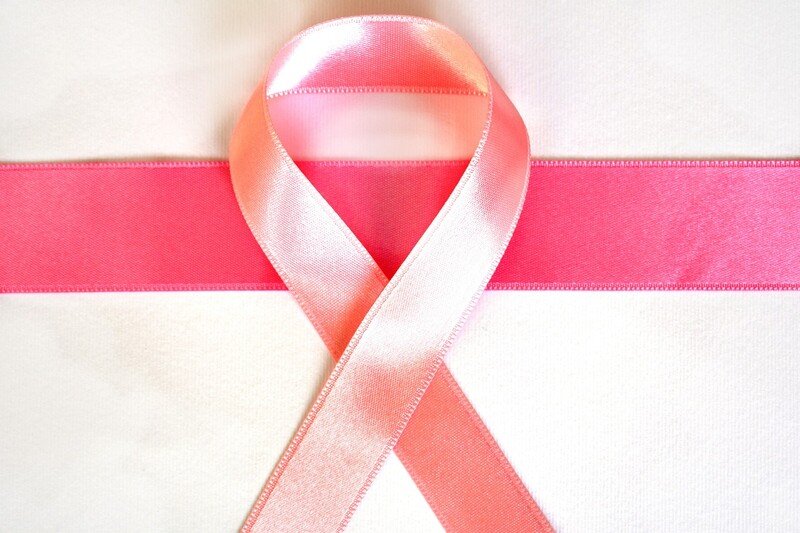Breast cancer is a significant concern for women around the world. With 1 in 8 women being diagnosed with breast cancer in their lifetime, the importance of prevention and early detection cannot be understated. While there is no guaranteed way to prevent breast cancer, there are several steps women can take to reduce their risk and promote overall breast health. In this blog, we will explore the importance of breast cancer prevention and provide actionable tips for women to incorporate into their daily lives.
Breast Cancer Prevention: Know Your Risk Factors
Understanding your risk factors for breast cancer is an essential first step in prevention. Some risk factors, such as family history and age, are beyond our control. However, it’s crucial to be aware of these factors and discuss them with your healthcare provider. Additionally, being mindful of lifestyle-related risk factors, such as obesity, lack of physical activity, and excessive alcohol consumption. Making informed decisions can help in breast cancer prevention overall.
Maintain a Healthy Lifestyle
Adopting a healthy lifestyle plays a significant role in breast cancer prevention. This includes maintaining a balanced diet, regular exercise, limiting alcohol consumption, and avoiding tobacco. A diet rich in fruits, vegetables, whole grains, and lean proteins not only supports overall health but can also contribute to reducing the risk of breast cancer. In addition, regular physical activity, such as walking, swimming, or yoga, can also have protective effects against breast cancer.
Breast Cancer Prevention: Know Your Body
Self-awareness and regular self-examination are essential components of breast cancer prevention. Women should become familiar with the normal look and feel of their breasts and report any changes or abnormalities to their healthcare provider promptly. Additionally, scheduling regular clinical breast exams and mammograms as recommended by your healthcare provider can aid in early detection and improve treatment outcomes.
Breastfeed if Possible
For women who have the opportunity and choose to breastfeed, there may be a reduced risk of breast cancer. Research has shown that breastfeeding can have long-term protective effects against breast cancer. The longer a woman breastfeeds, the more protection it may offer.
Be Mindful of Hormone Therapy
For women going through menopause, it’s essential to have informed discussions with healthcare providers about the use of hormone replacement therapy (HRT). HRT, particularly combined estrogen-progestin formulations, should be used with caution due to potential links to an increased breast cancer risk. Women are advised to explore alternative treatments or discuss the lowest effective dose with their healthcare provider.
Stay Informed and Advocate for Screening
Staying informed about breast cancer screening guidelines and age-appropriate recommendations is crucial to early detection and improved treatment outcomes. Knowing when to start getting mammograms and how often to receive them is paramount. Women are encouraged to advocate for their own health and discuss screening options with their healthcare provider. Early detection through regular screenings can significantly improve the likelihood of successful treatment.
Conclusion
Breast cancer prevention is a multifaceted approach that involves lifestyle choices, self-awareness, and proactive healthcare management. While these tips can offer guidance, it’s vital for each woman to personalize her approach to breast cancer prevention based on her individual risk factors and circumstances. By staying informed, making healthy choices, and being proactive about breast health, women can take important steps to reduce their risk of breast cancer and contribute to overall well-being. The commitment to prevention is a powerful and empowering method of promoting women’s health.
 Say thanks to marijana1
from pixabay
Say thanks to marijana1
from pixabay